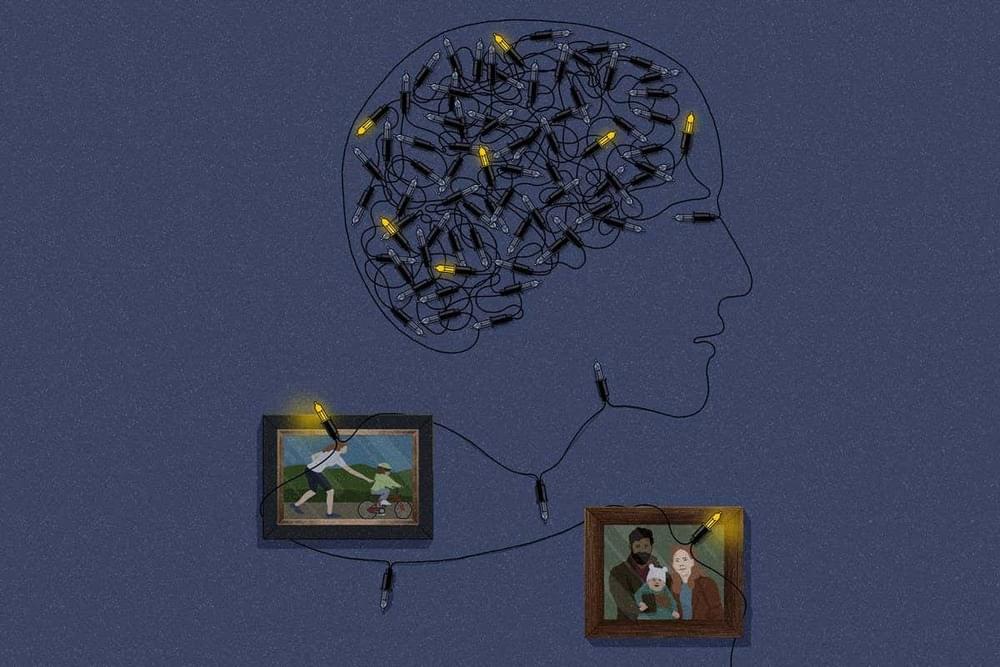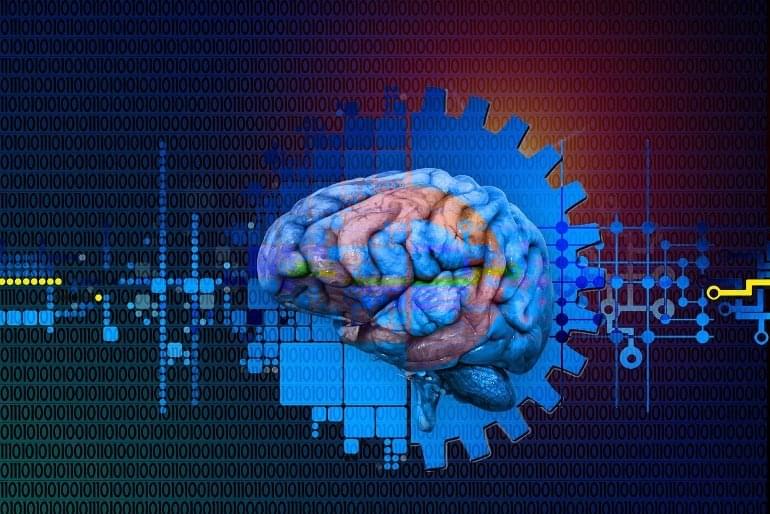Sorry if I look a bit horrible, I’ve been a bit ill the past few days. But the V2 sure doesn’t look half bad. She does indeed fly as good as she looks.
As mentioned before the feeling of the tail is a big improvement, the head itself feels much tighter and more locked in, in part thanks to the more rigid frame. It also flips on a dime too, thanks to the lowered head and more central centre of gravity.
All in all I’m loving this model. It’s getting dark now, I should probably go home… one more flight maybe 😂
ALIGN TREX Models.
XLPower.
#TeamAT #Specter700V2 #XLpower #ATModels







